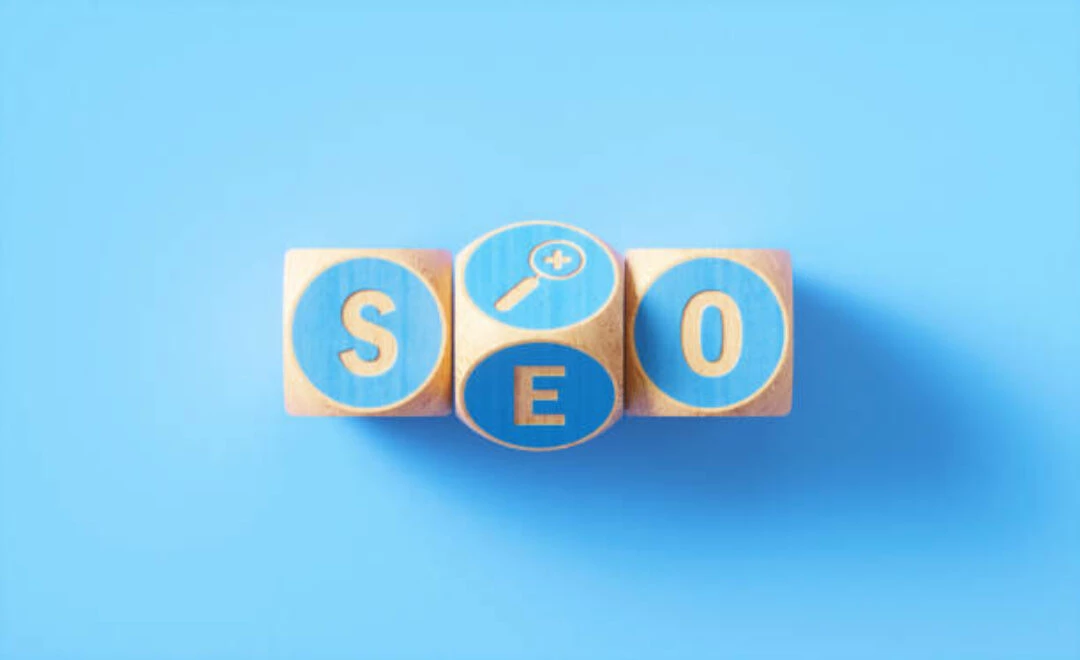
Google Search Doesn’t Work That Way Any More!
Search engine optimization (SEO) is the process of optimizing a website to make it easy to find on search engines like Google. The industry has changed at a rapid rate over the years, making it difficult to know the best strategies to optimize your website, but some strategies that once made a difference no longer help. Learn our list of things that don’t matter when it comes to improving your search rankings.
Age of the Website
The age of your website and the reputation of the site will not affect where it ranks in SEO. The most important thing considered by Google is whether the content exposed meets the user’s hopes for the website when clicking on it. Google will reward any meaningful traffic, sales and signals that may show authority of the site, but it doesn’t affect where it ranks for SEO.
Google AdWords
Google AdWords can help boost traffic to your site, but this does not equal an increased SEO ranking. Good paid keyword campaigns have been shown to boost traffic to a website, however the engagement on the site may be low or have a high bounce rate. This can negatively impact your SEO ranking. The goal with any site visit, when it comes to SEO rankings, is to have users actively clicking on pages throughout the site. If the data shows otherwise, utilizing Google AdWords is counterproductive in your SEO strategy.
Keyword Stuffing Meta Descriptions
Don’t keyword stuff your meta descriptions. Keyword stuffing – an overload of keywords – never benefits a website and its search rankings. Keyword stuffing is when a brand “stuffs” a webpage with the same targeted term with the hope of increasing its ranking on search engines. However, keyword stuffing creates an awful user experience – especially in meta descriptions.
Meta descriptions tell search engines what topics can be found on your website. It is the snippets of text found during search results. Its intent is to offer snippets that educate and engage with visitors. The copy should make the site more compelling with the hopes of the user clicking the link provided. When executed correctly, the copy can be optimized and decrease bounce rate – which will only benefit your site and its SEO rankings.
Image Alt Text Keywords
Keywords in our image’s alt text won’t directly affect rankings. An image’s alt text is copy written within the code of an image on a webpage. In most cases, an image’s alt text is a redundant aspect. The biggest issue with this keyword usage can negatively impact user experience. If the image doesn’t load properly for a user, due to slow internet or browser issues, the alt text will display. Depending on the number of keywords used in the image’s alt text, the user’s experience may be affected and cause them to click off the site sooner due to “glitches”. The best way to optimize your image is by adding the best keywords to the image’s title text. This will also result in better image SEO rankings.
Likes, Shares, and ReTweets
Google does not care where a website is shared or how it is promoted to potential visitors. Google only evaluates the actual website and how it shares information about user experience – either positive or negative. Your post could be shared with 10 people on Twitter or 500 people on Facebook, but it doesn’t matter. It only matters if those individuals visit your websites and are active within it.
There are numerous factors that can increase your website’s SEO ranking on Google. It is best to focus your time utilizing other SEO strategies that will produce results. To get the best results, contact us to help. Let the pros at TOTAL Advertising craft a plan that will have your website heading for the top of any relevant search.